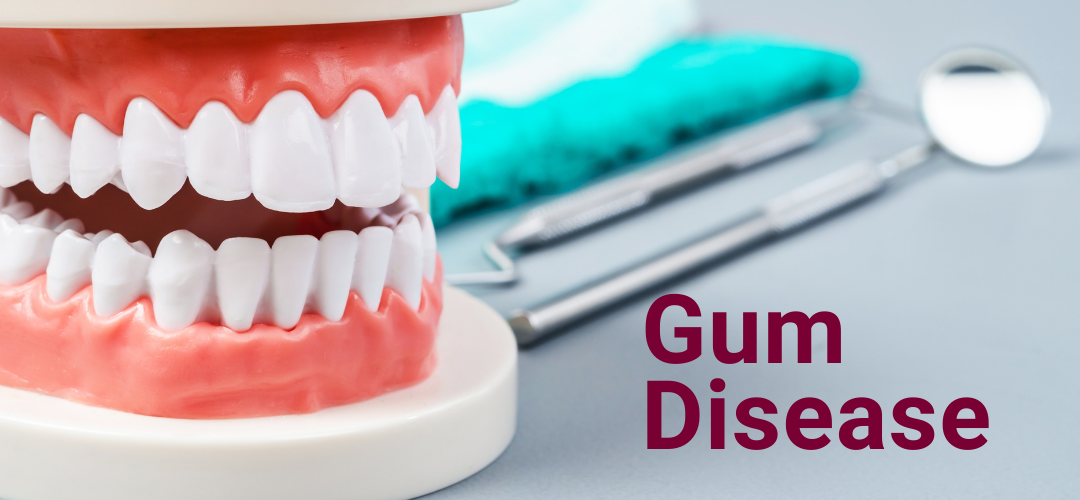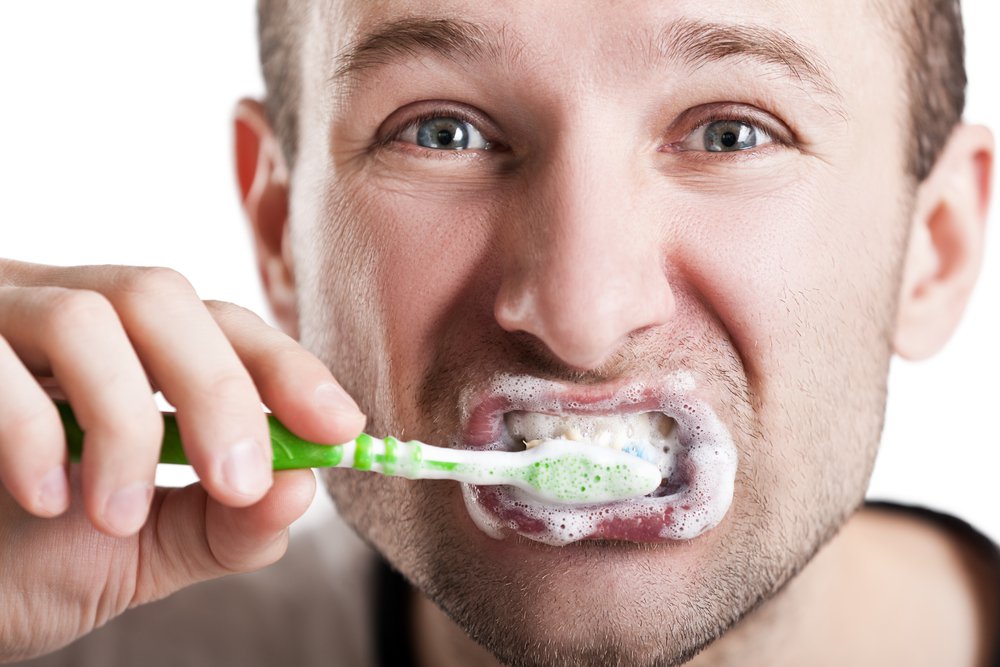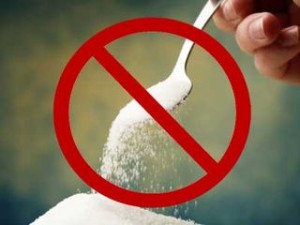
by Roseman Dental | Feb 23, 2021 | Dental Clinic Blog, Oral Health, Roseman Dental - NV, Roseman Dental - UT
Gum disease is caused by repeated attacks of the bacteria that live in dental plaque. Plaque is what builds up on our teeth after bacteria mix with sugars from the food we eat. The bacteria release acids and cause a sticky film to form. This layer can harden over time if we do not brush or floss at appropriate times. If plaque is left unattended for extended periods of time, it can start to degrade enamel, the outer layer of the tooth.
What Causes Gum Disease?
Some factors that cause gum disease are poor oral hygiene, a high sugar diet, frequent alcohol consumption, long-term tobacco use, diabetes mellitus, cancer, fluctuating hormone levels, and some others. There are three stages of gum disease – gingivitis, periodontitis, and advanced periodontitis.
What is Gingivitis?
Gingivitis is a type of gum disease where some presence of inflammation, redness, swelling, and bleeding occur, especially during brushing and flossing. The most common cause of gingivitis is poor oral hygiene which can lead to an accumulation of plaque. Gingivitis, however, can be reversed by maintaining a frequent routine of brushing at least twice a day and flossing daily.
What is Periodontitis?
Periodontitis is the intermediate stage of gum disease. In this stage, supportive bone and cartilage tissue deteriorate. Additionally, gum pockets start to develop, and plaque begins to deposit in the pockets below the gum line. To maintain the health of gum tissues in this stage, periodontal treatment such as scaling, and root planning are necessary to remove the plaque from deep pockets under the gum line.
What is Advanced Periodontitis?
If periodontitis is not maintained, it can progress to advanced periodontitis. In this stage, more bone is destroyed and cannot be reversed. Teeth may even be lost or shifted out of place. There are more aggressive forms of treatments which need to be done in this stage; without periodontal treatment, the teeth will likely require extraction. One of the treatment options for advanced periodontitis is flap surgery where the pocket size is reduced to maintain healthy gum tissue. Another treatment that can be done is bone grafting which prevents tooth loss by helping hold the tooth in place. The bone graft can be synthetic or may be composed of small fragments of the patient’s bone.
How can I Reduce my Chances of Gum Disease?
To prevent or reduce your chances of gum disease, you can incorporate the following measures in your lifestyle:
- Brush your teeth at least twice a day
- Use a soft bristled toothbrush or an electric toothbrush – they’re more effective at removing plaque
- Floss every day
- Use a mouth wash to help reduce the accumulation of bacteria and plaque eventually
- Schedule regular dental cleanings with your dentist – every six months (twice a year)
Gum disease can often lead to severe problems. The preventative measures listed above are ample ways of preventing gum disease. While maintaining a frequent oral hygiene routine is important, it’s extremely important to visit your dentist for regular cleanings every six months (twice a year). The cleanings provided by your dentist will help remove any remaining bacteria or plaque – leaving you with a healthy, bright smile!
For affordable, high-quality dental care in Henderson, Nevada or South Jordan, Utah contact Roseman Dental and Orthodontics.
Nevada Location
Utah Location
Article by Tanisha Khurana

Tanisha Khurana
DMD Candidate Class of 2023
Roseman University College of Dental Medicine
ASDA Chapter Fundraising Chair
Pediatric Club Outreach Coordinator
by Roseman Dental | Jan 24, 2019
Welcome to Roseman Dental Roseman Dental is the clinical practices of Roseman University College of Dental Medicine with locations in Henderson, Nevada and South Jordan, Utah. To schedule an appointment or learn more about the services we offer, please select your...
by Roseman Dental | Oct 11, 2018
About Us Roseman Dental is part of Roseman University’s College of Dental Medicine. All of our dental residents are licensed dentists in the State of Utah and are teamed with highly qualified, board-certified, or board-eligible faculty to provide comprehensive dental...

by Roseman Dental | Jun 12, 2015 | Dental Clinic Blog
What do daily exercise, taking a multivitamin, and brushing your teeth all have in common? These are all fairly simple daily habits that could improve a man’s overall health, but ones that far too many men are ignoring. Oral health, in particular, is an area where many men could stand to “brush up” their skills a little, so to speak.
The Oral Health Battle of the Sexes
While both men and women report that a great smile is one of the first things they notice about a potential dating partner, women apparently take that more seriously than men.
A study published in the April 2011 issue of the Journal of Periodontology showed that women are more proactive about teeth and gum maintenance than their male counterparts. Women are twice as likely to have been for a recent dental checkup (in the past year), and were proactive in scheduling recommended follow-up treatments. These healthy habits resulted in far lower incidence of common periodontal disease indicators, such as plaque, calculus, and bleeding gums.
Other Benefits of Good Oral Health
 Taking care of your teeth care is the best way for a man to maintain a healthy mouth and a beautiful smile, but the benefits extend beyond just aesthetics. Research published in the June 2008 issue of The Lancet Oncology found that gum disease, often the result of poor oral health habits, puts men at a higher risk of developing cancer, including kidney cancer (49% more likely), pancreatic cancer (54% more likely), and blood cancers (30% more likely).
Taking care of your teeth care is the best way for a man to maintain a healthy mouth and a beautiful smile, but the benefits extend beyond just aesthetics. Research published in the June 2008 issue of The Lancet Oncology found that gum disease, often the result of poor oral health habits, puts men at a higher risk of developing cancer, including kidney cancer (49% more likely), pancreatic cancer (54% more likely), and blood cancers (30% more likely).
Gum disease has also been linked to higher risk for other serious health conditions, such as heart disease, rheumatoid arthritis, and diabetes.
Developing Healthy Oral Habits
To maintain that bright white smile, or get it back if you’ve neglected it for a little bit too long, dentists recommend making oral health care a priority.
- Brush your teeth twice a day with fluoride toothpaste and a soft-bristled toothbrush. Spend at least two minutes brushing, and make sure you are moving the toothbrush throughout your mouth to clean every surface.
- Floss teeth at least once a day to remove food particles and plaque that get stuck between teeth, where your toothbrush can’t reach.
- Throw out your old toothbrush every three months, after you have been sick, or when you can see obvious signs of damage, such as bent or missing bristles.
- Avoid behaviors that can damage teeth, such as smoking cigarettes, chewing tobacco, or drinking dark beverages (such as coffee or soda) that can wear down enamel.
- Visit a dentist regularly for check-ups and cleanings. While brushing teeth daily is important, it’s no substitute for the professional cleaning you get from the dentist every six months.
It’s also important to know the warning signs of periodontal disease so you can seek treatment. These signs include gums that are red or swollen or that bleed easily, areas where gums have pulled away from the teeth, persistent bad breath, tooth loss, or changes in your bite (the way your jaws fit together). If you notice any of these potential warning signs, see your dentist or consider visiting a periodontist to look into it more closely.
If you don’t have a dentist, you can contact The Dental Clinic at Roseman University at 801-878-1200 to schedule an appointment for affordable dental care in the Salt Lake valley provided by student dentists.

by Roseman Dental | Oct 16, 2014 | Dental Clinic Blog
When you’re happy, you want to smile, and studies have revealed that smiling has many benefits beyond just letting others know that you are excited. Smiling can help build trust when you meet new people, reduce stress in difficult situations, make you feel better when you are down, and even help you make more money and live longer.
But what if you’re not very confident about your smile because you’re worried about oral hygiene or crooked teeth? For many people that is enough to make them not want to smile, and it can make life a lot more difficult. A 2012 study published in the Deseret News highlighted some of the social stigma that comes with crooked or missing teeth. Studies show that bad teeth prevent people from getting jobs, promotions, and higher pay, and may impact overall health as well.
Here are five ways that you can improve your smile so you will want to show off those pearly whites whenever you feel happy.
See a Dentist Regularly
Dental care is one of the most critical components for healthy mouth and teeth. Most people should see a dentist twice a year (every six months) for a cleaning and checkup. If you have pain, swelling, infection, or other problems in your mouth, don’t go to the emergency room—go see a dentist immediately. Often they will be able to treat the problem and prevent future complications with immediate care, rather than waiting until a small problem becomes more expensive and more detrimental to your health.
Unfortunately many people in the U.S. don’t go and see a dentist regularly because they don’t have dental insurance and can’t afford the high cost to pay for it out of pocket. If you don’t have a dentist and haven’t been to a dental office because you have difficulty affording it, The Dental Clinic at Roseman University offers affordable dental care with rates significantly discounted from what you would pay at a traditional dental office so you can get high quality care at a great price.
Brush and Floss Your Teeth
One of the best ways to maintain a healthy smile is by regularly brushing and flossing teeth. Brush twice a day with a fluoride toothpaste, and floss at least once a day to keep teeth and gums healthy, remove plaque, and eliminate bad breath.
Avoid Sugary Food and Drinks
 Sugar breaks down quickly and feeds the harmful bacteria in your mouth, so the more sugar you consume, the more bad bacteria grow. This leads to tooth decay, sensitivity, gum disease, and other problems in your mouth. Your teeth can also turn sugar into a glue-like substance that attracts bacteria to your teeth (in the form of plaque), making it harder to wash away naturally with your saliva. If you do eat sugar, follow up by brushing your teeth or chewing sugar-free gum, and make sure to drink plenty of water to boost saliva that will wash the sugar off your teeth.
Sugar breaks down quickly and feeds the harmful bacteria in your mouth, so the more sugar you consume, the more bad bacteria grow. This leads to tooth decay, sensitivity, gum disease, and other problems in your mouth. Your teeth can also turn sugar into a glue-like substance that attracts bacteria to your teeth (in the form of plaque), making it harder to wash away naturally with your saliva. If you do eat sugar, follow up by brushing your teeth or chewing sugar-free gum, and make sure to drink plenty of water to boost saliva that will wash the sugar off your teeth.
Consider Cosmetic Procedures
If you have crooked, dirty, or decaying teeth, consider the benefits of a cosmetic procedure, such as a crown, bridge, implant, or even teeth whitening. Studies show that these small adjustments can make a big difference in the first impression you create with your smile. These procedures are also good for more than just cosmetic reasons—having healthy, strong teeth allows you to breathe, swallow, chew and speak properly, contributing to better nutrition and making you more comfortable at job interviews or in social situations.
Don’t Smoke or Chew Tobacco
Quitting smoking and chewing tobacco is good for many reasons, one of which is to improve the health of your teeth and gums. Tobacco and cigarettes cause tooth decay, receding gums, and gum disease, and are the main contributing factors to mouth and throat cancers. They can also make it difficult to heal following dental or orthodontic work, negating the money and time you spend trying to fix your smile. The best thing you can do to improve your oral health and your smile is to quit smoking or using tobacco.
The ability to smile is an important part of your life—to be happy, you need to be able to smile and laugh as much as possible. Don’t let poor oral health keep you from enjoying all the benefits that smiling can offer.








